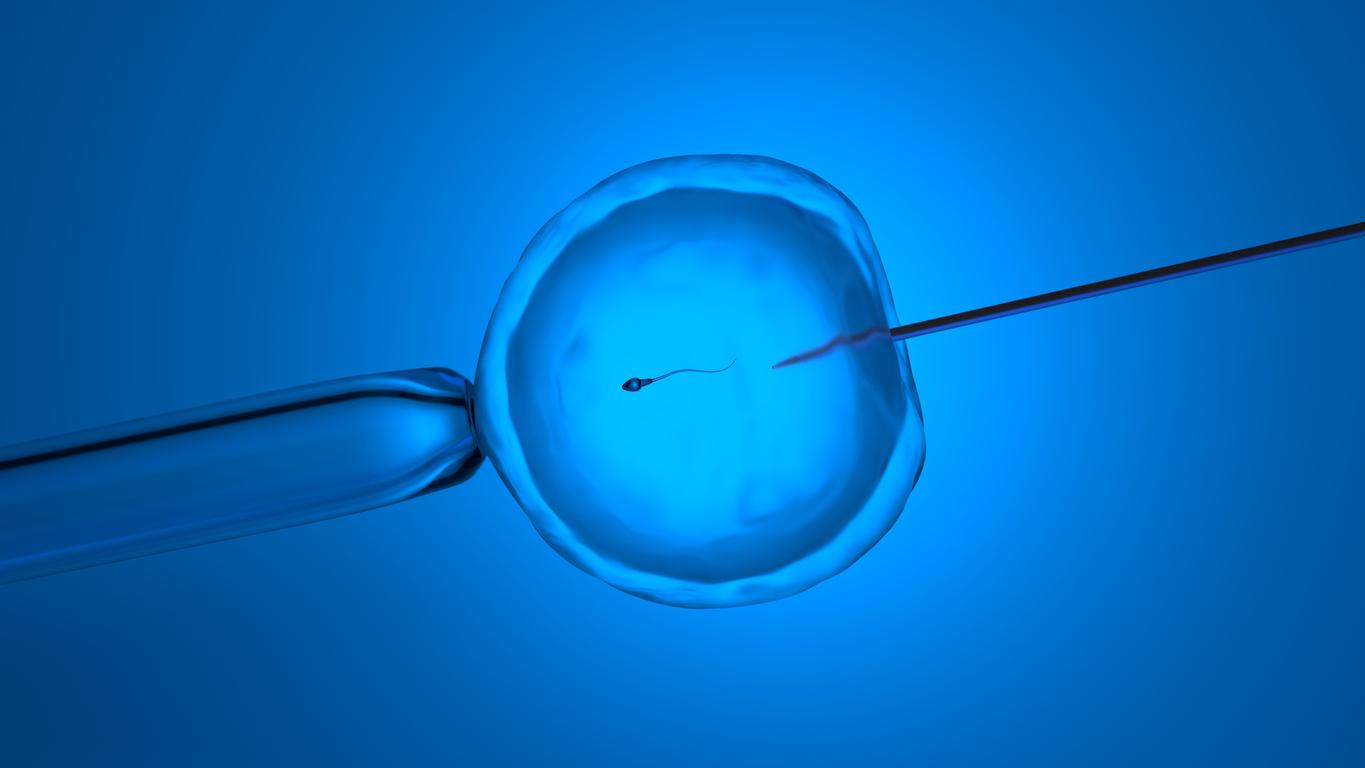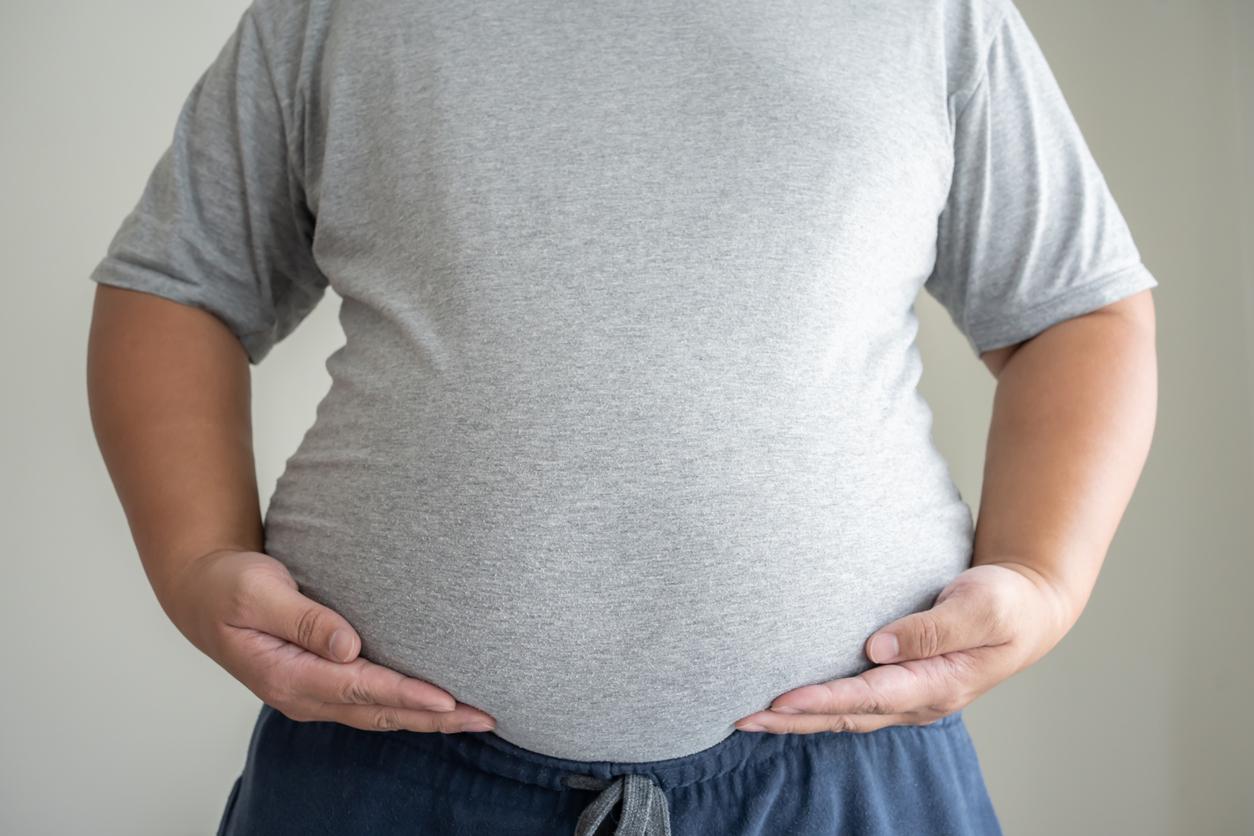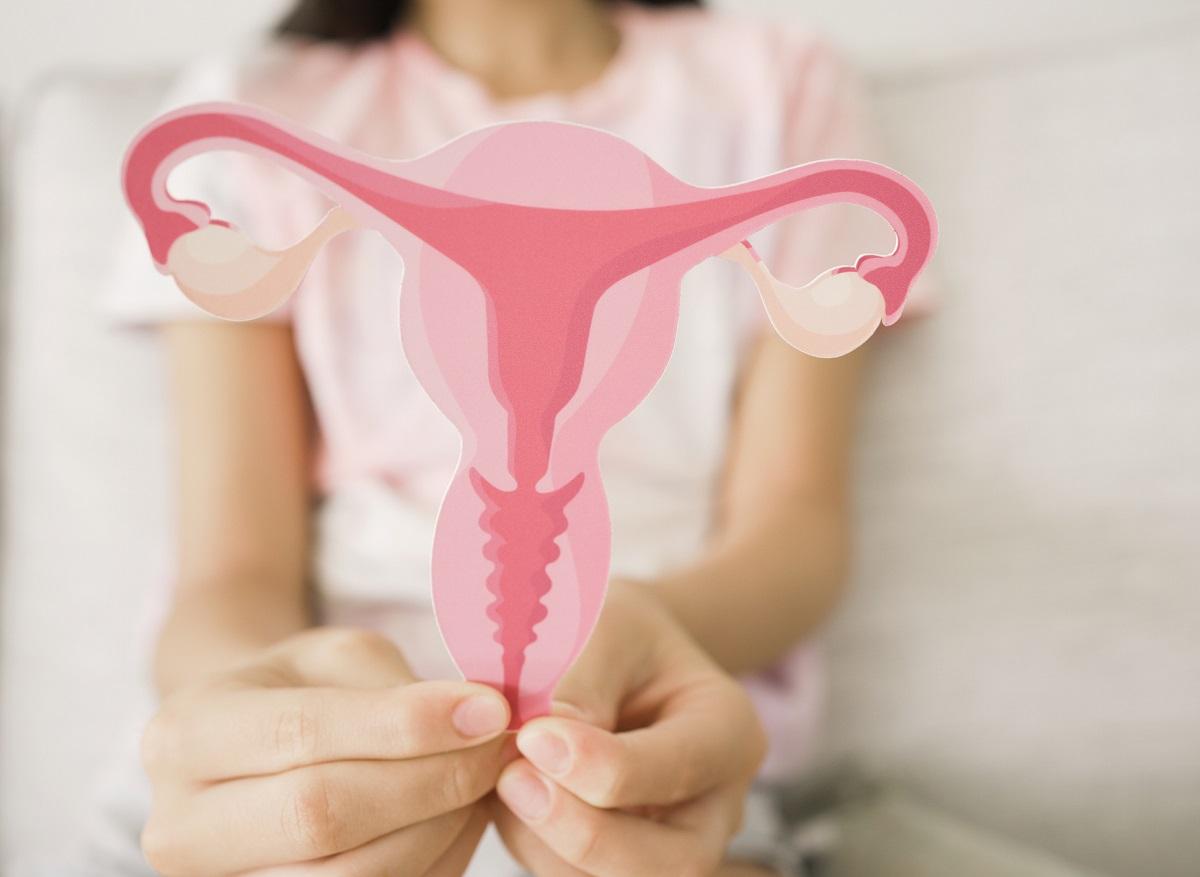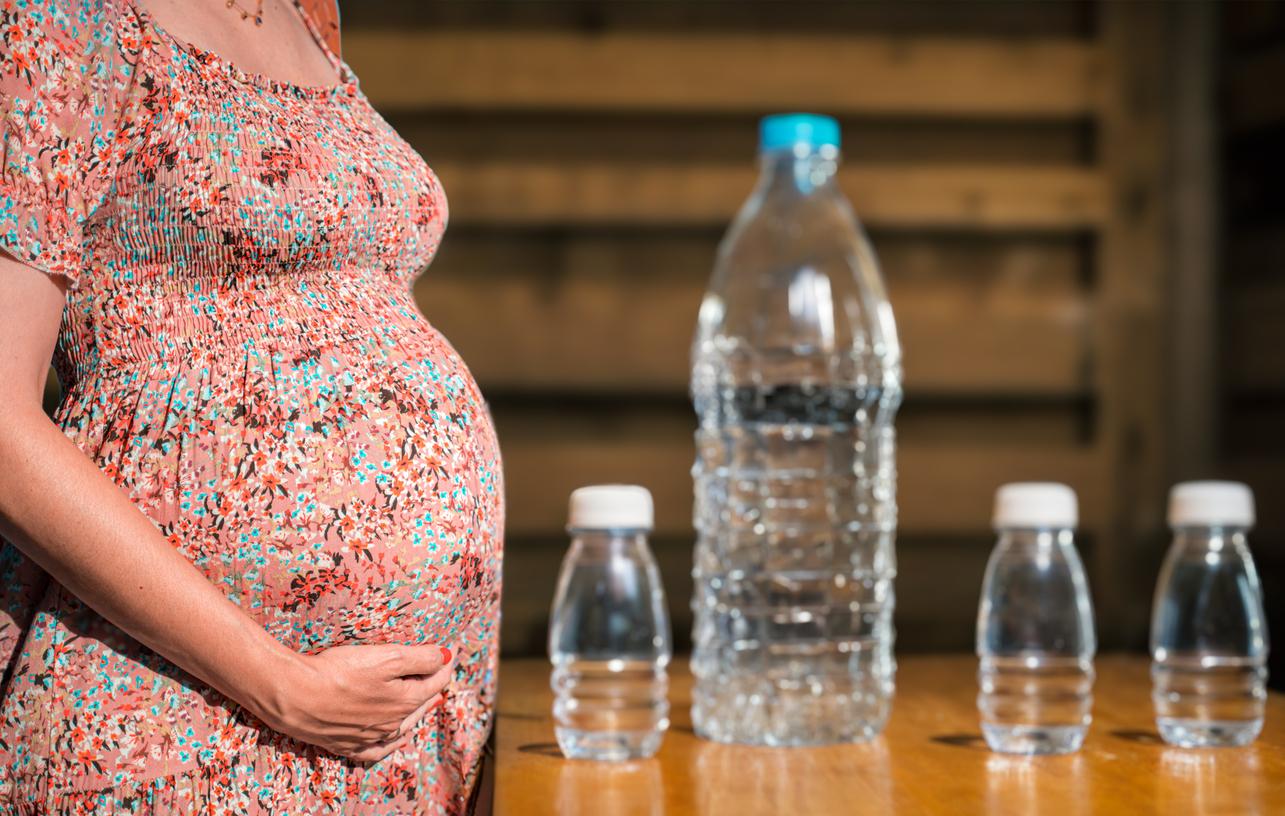The volume of the testicles of overweight boys would generally be lower, which increases the risk of infertility.

- Childhood obesity has increased in recent years, in parallel, the size of the testicles has decreased.
- According to a new study, being overweight in boys is associated with a higher risk of having a lower testicular volume, and therefore a higher risk of infertility.
- The authors believe that limiting the overweight of young boys could reduce the risk of infertility.
One in eight couples have difficulty conceiving a child according to data from theInserm. After twelve months, punctuated by unprotected sexual intercourse, without pregnancy, the doctors speak of infertility. The causes can be multiple, but they sometimes remain unknown, especially when infertility affects men. According to a German study that analyzed the causes of infertility in more than 20,000 male patients, no diagnosis could be made for about 70% of them. A new study, published in European Journal of Endocrinology, identified a potential cause: childhood overweight.
Male infertility: understanding the impact of weight on the size of the testicles
The researchers started from a double observation: there is a trend towards a decrease in the number of spermatozoa and a reduction in the size of the testicles in recent years and in parallel, the prevalence of childhood obesity has gone from 32 to 42 million children in the world. However, the impact of weight on testicular growth has not been studied by the scientific community. “Although the prevalence of childhood obesity is increasing worldwide, the impact of obesity and related metabolic disorders on testicular growth is not well known.“, develops Rossella Cannarella, one of the authors of this scientific article. For this reason, this Italian research team collected health data from nearly 270 children, followed for weight control, aged 2 to 18. The researchers analyzed information on testicular volume, age, body mass index and insulin resistance in these participants.

Overweight: how does the weight of boys influence their fertility?
Researchers found that normal-weight boys had 1.5 times more testicular volume than overweight or obese boys at peripubertal age, which is between 9 and 14 years old. Also, normal insulin levels were correlated with 1.5 to 2 times greater testicular volume, compared to hyperinsulinemia. This correlates with too much insulin in the blood, which is one of the hallmarks of type 2 diabetes.”Thus, people with overweight or obesity, hyperinsulinemia or insulin resistance showed lower testicular volume than their healthy peers.”, summarize the authors. As lower testicular volume predicts lower sperm production in adulthood, researchers believe weight loss may limit the risk of infertility later in life. “We hypothesize that more careful control of body weight during childhood could represent a preventive strategy to maintain testicular function later in life.” they note.
















